

nihonbashi bakurocho area
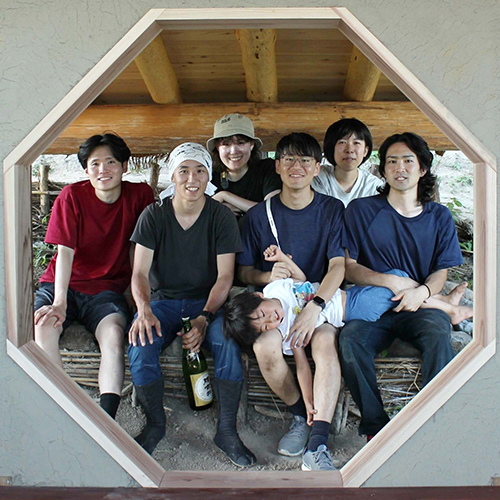
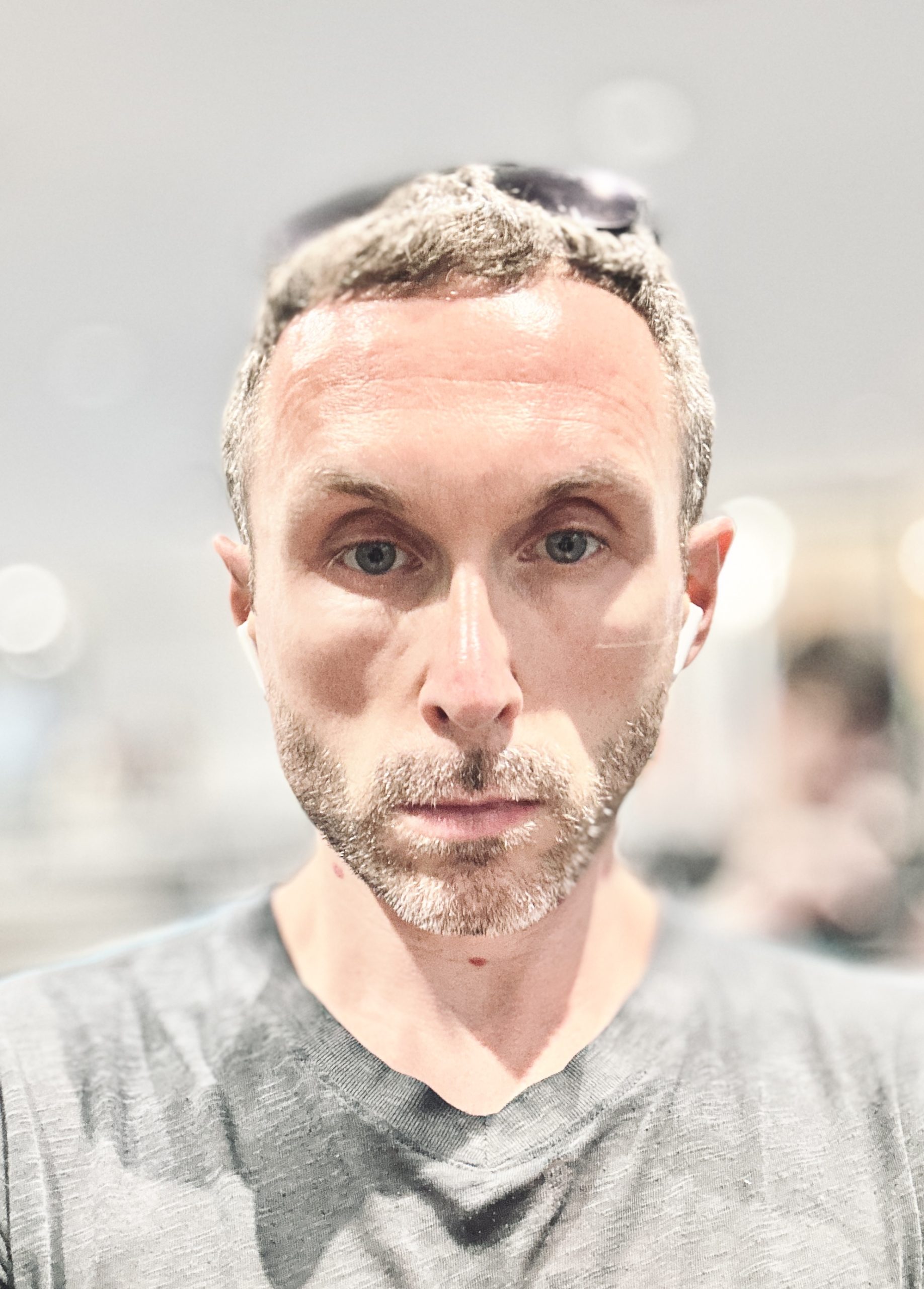
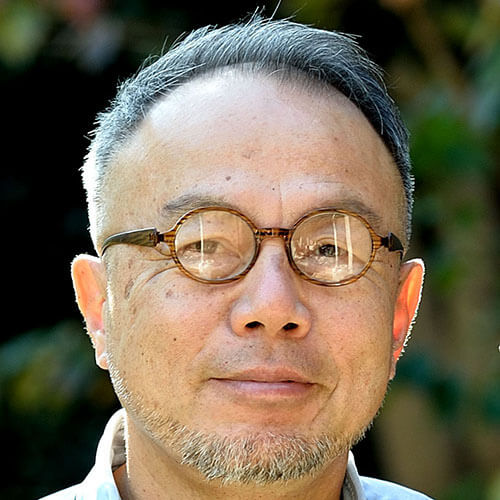
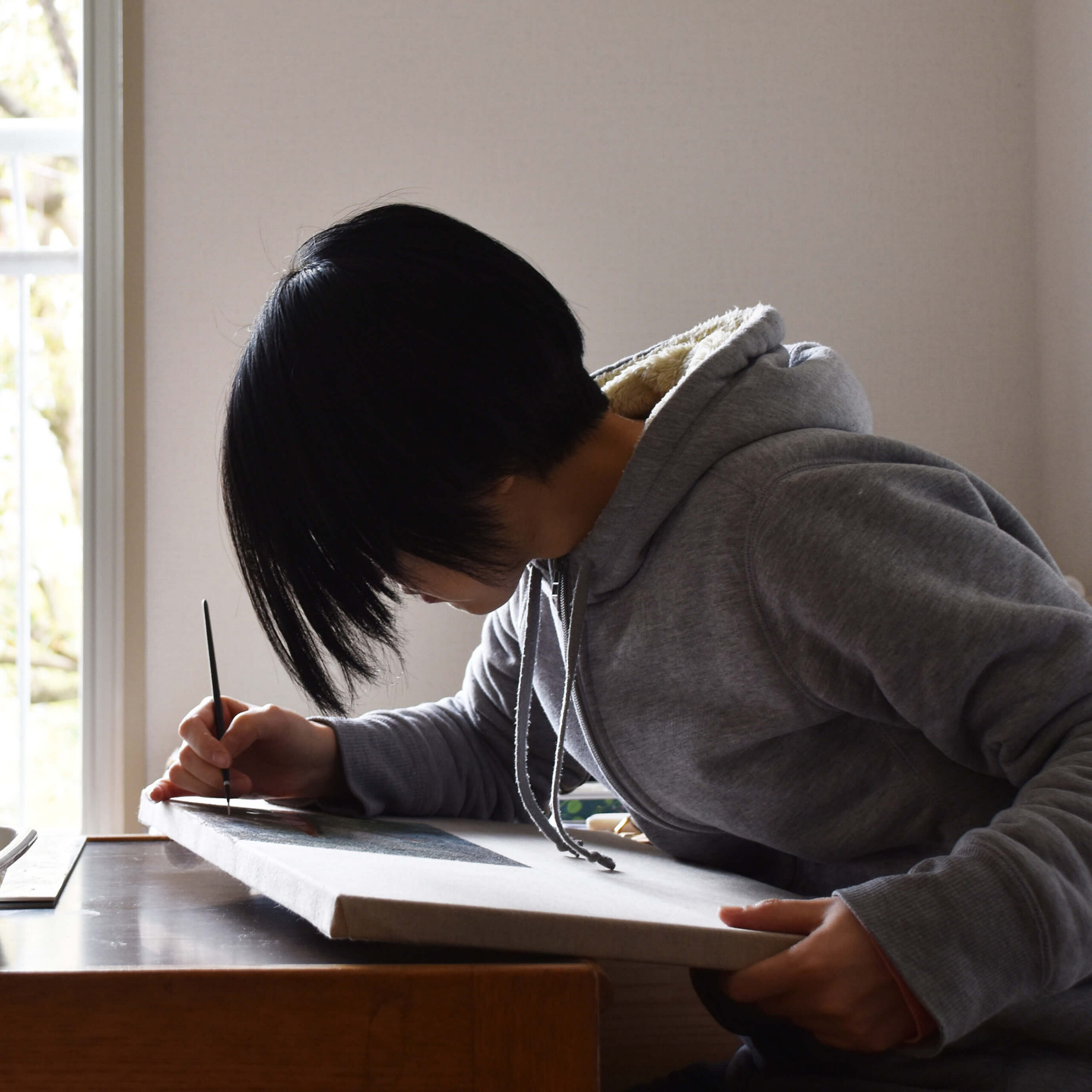

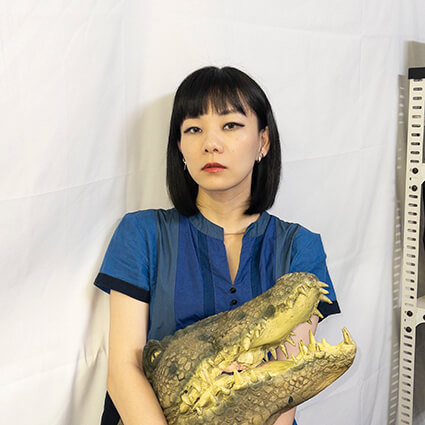
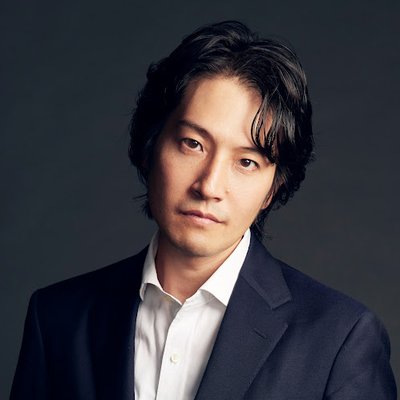

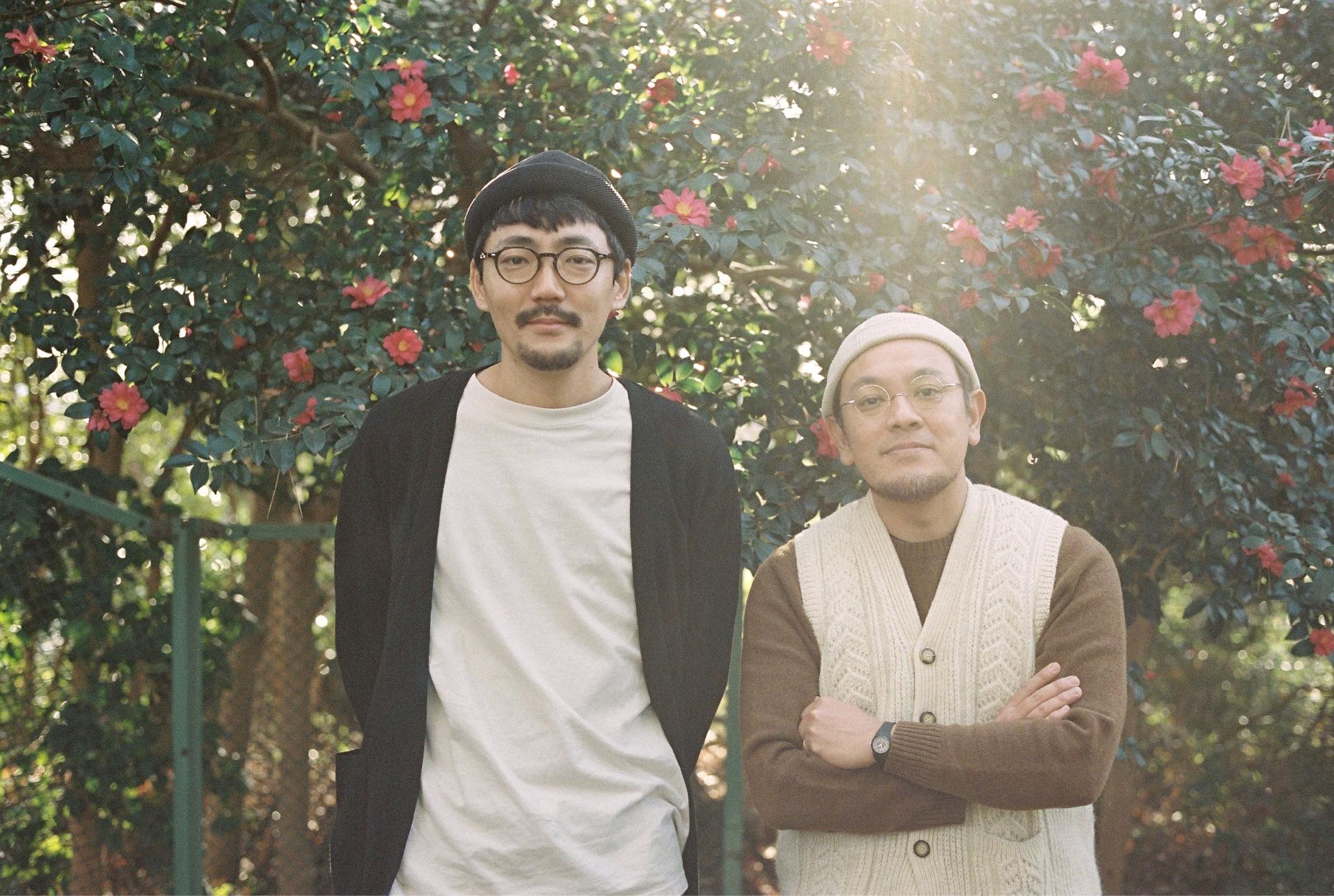
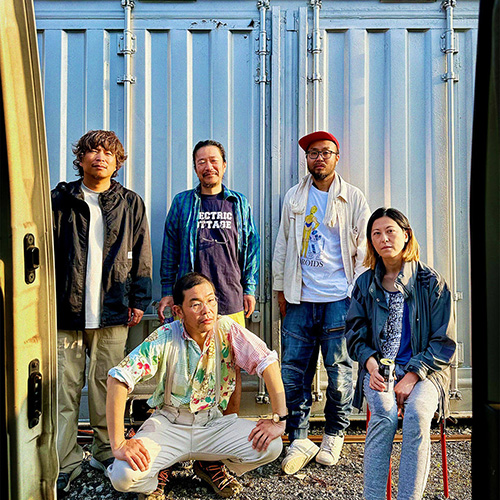
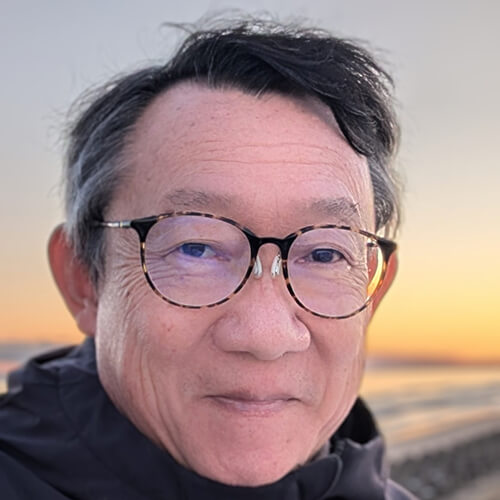
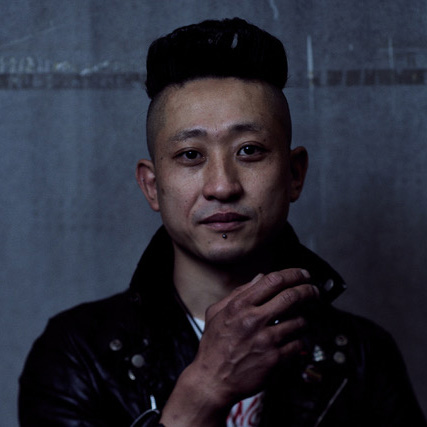
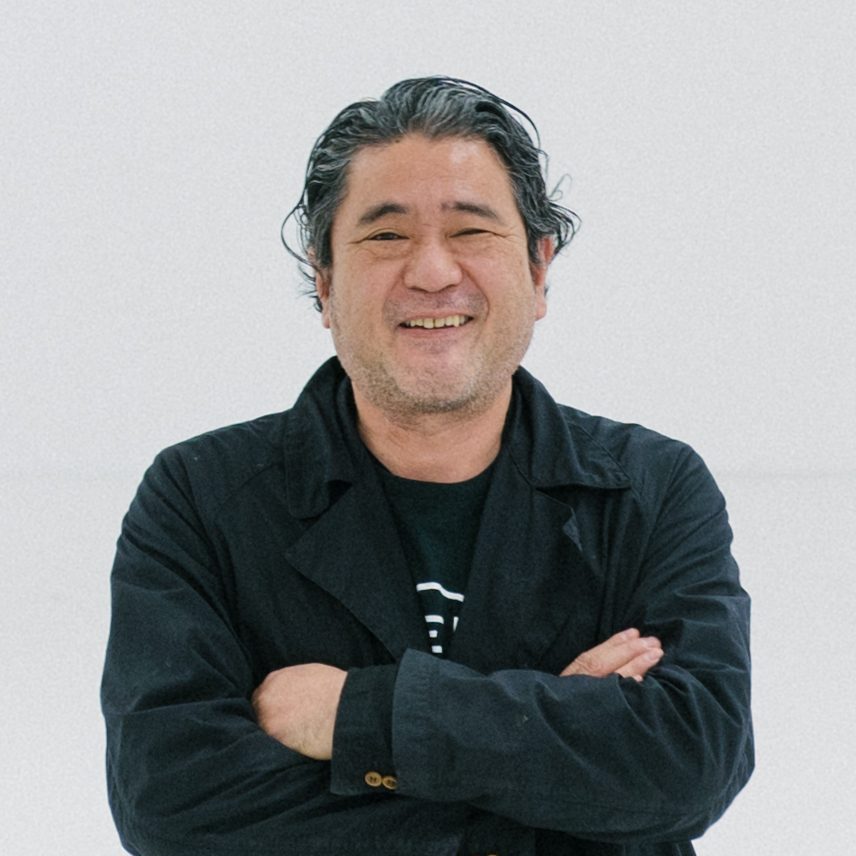
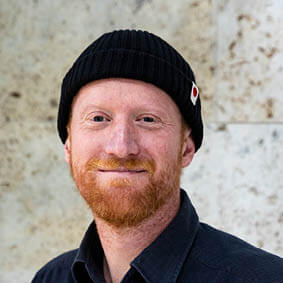
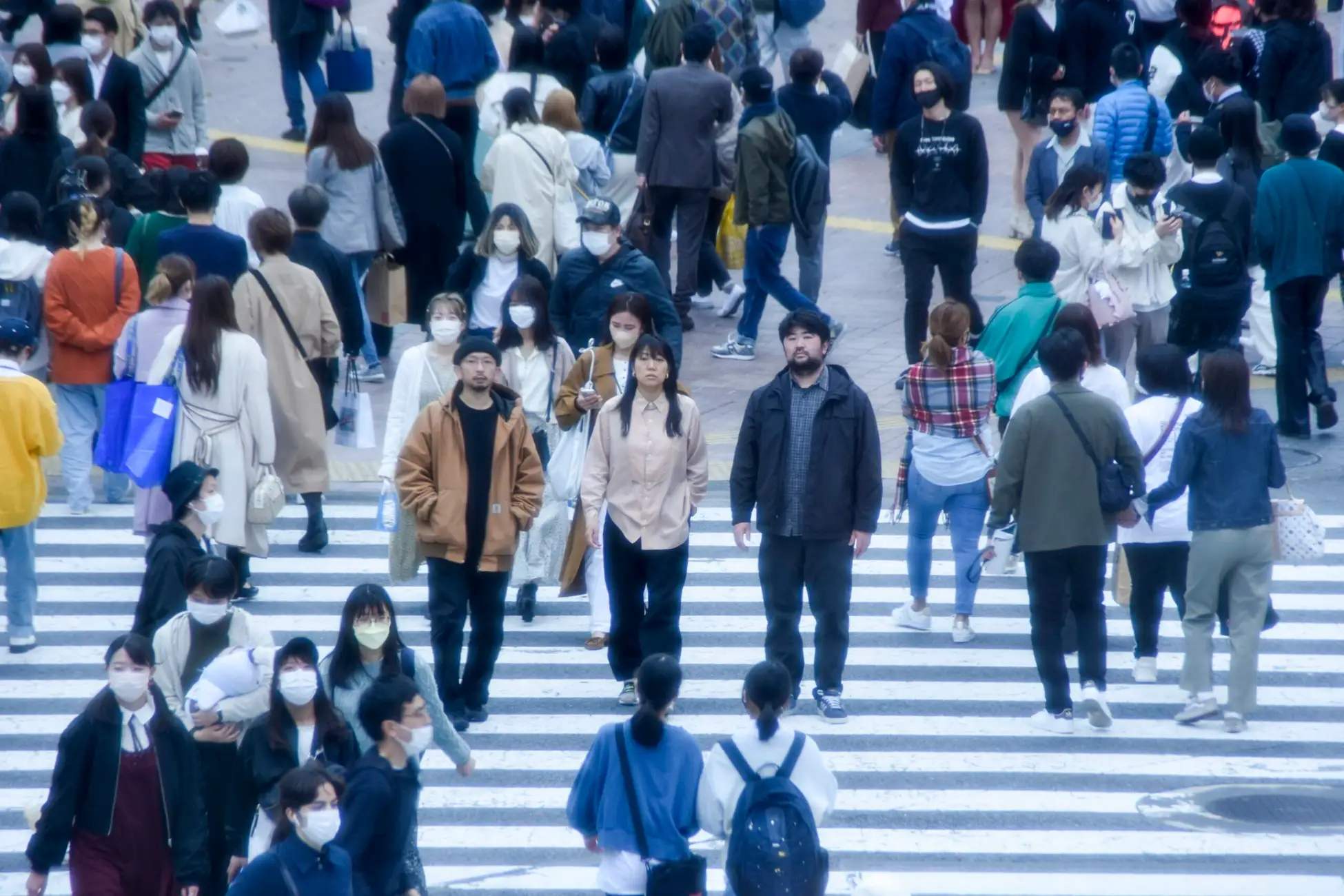
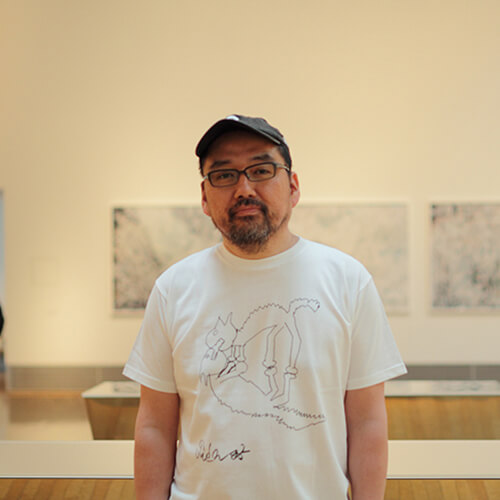
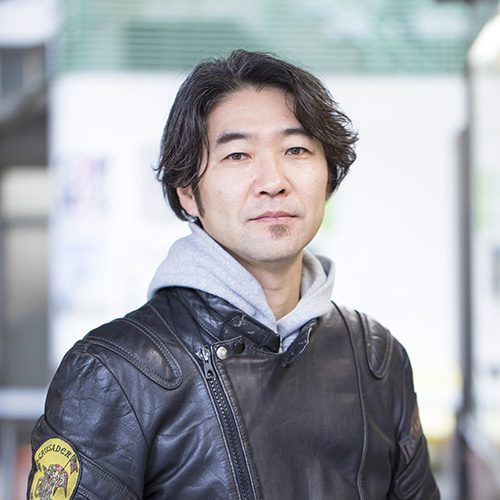
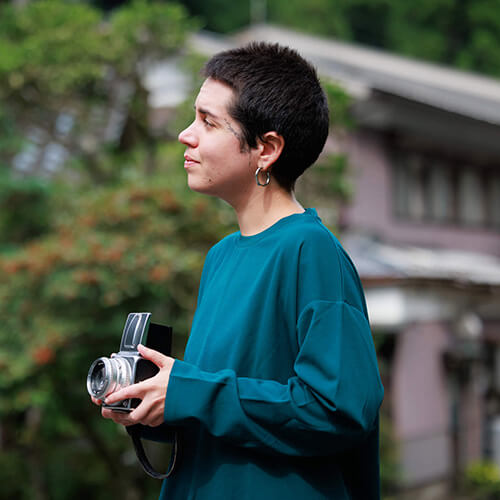
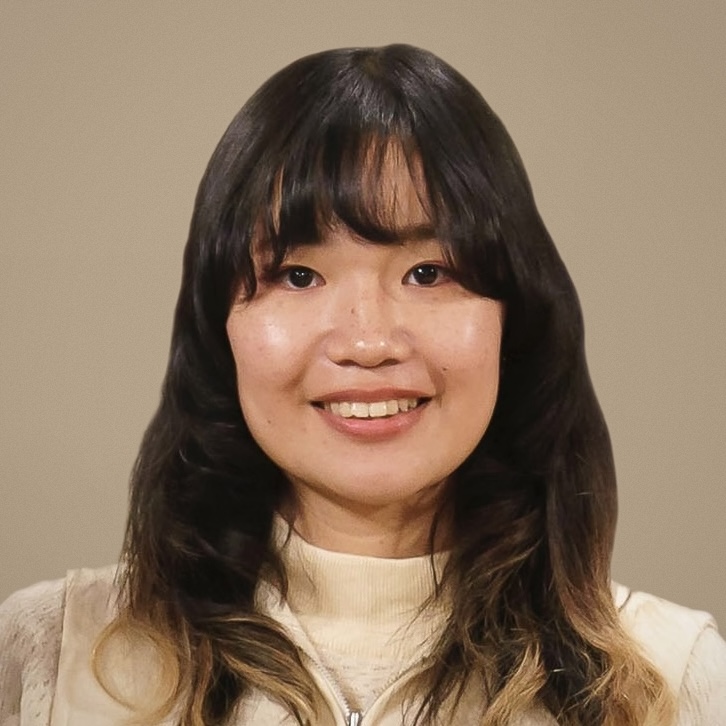
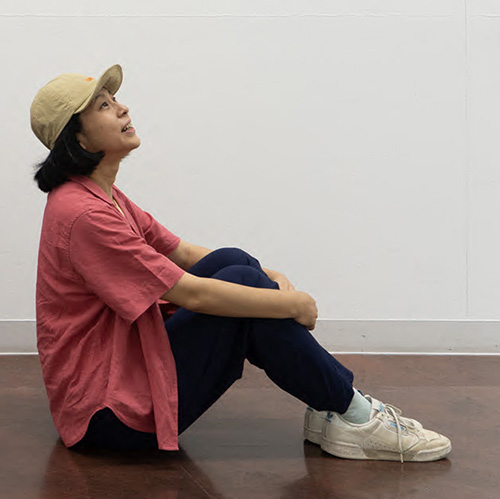
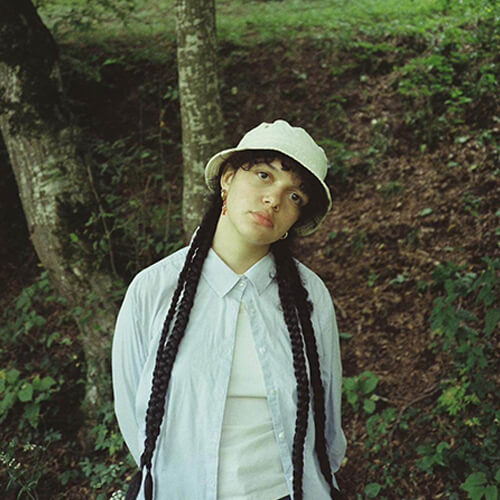
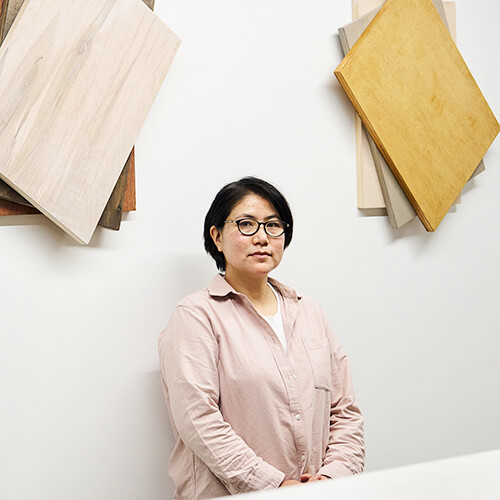
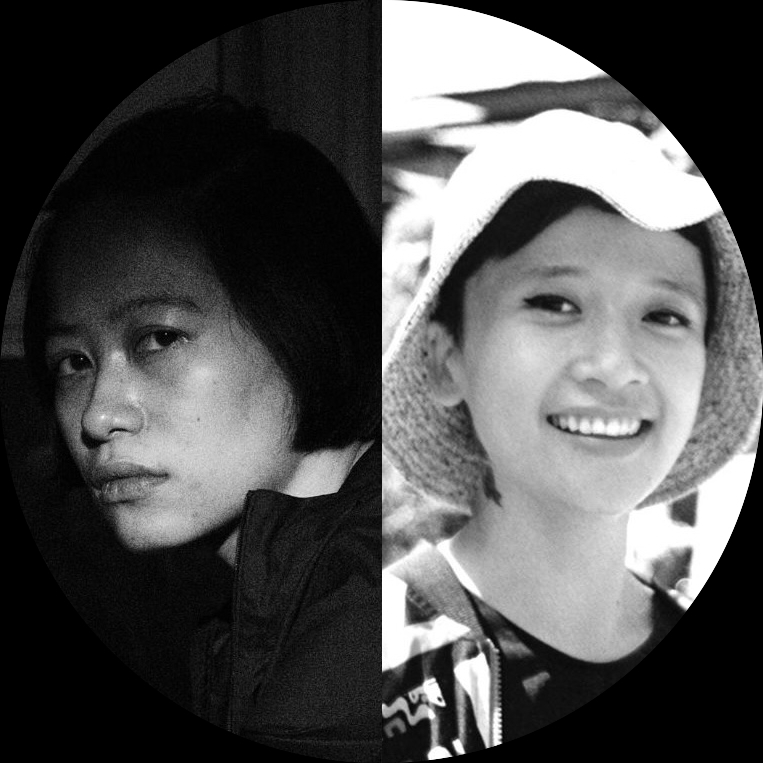
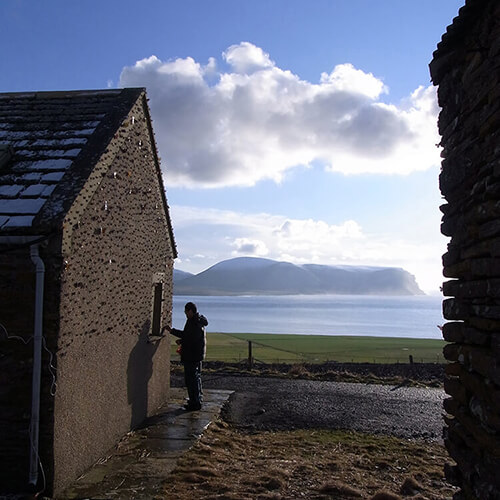
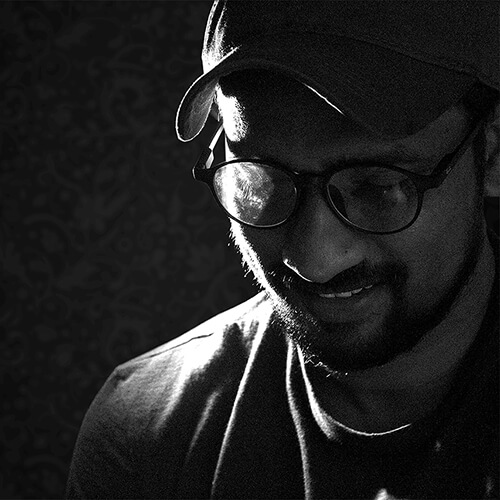
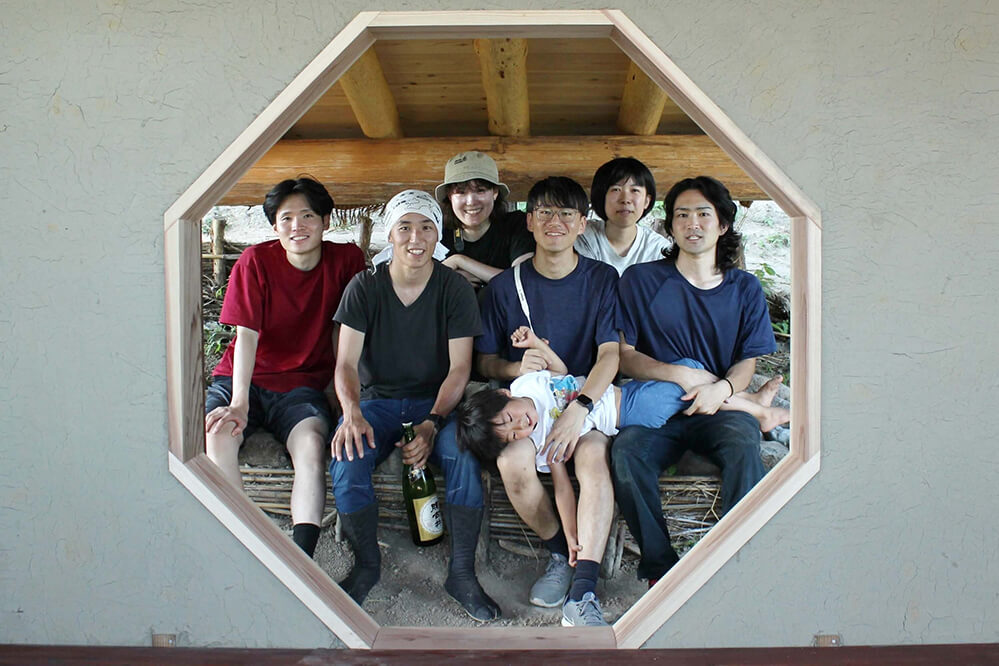
An architecture collective consisting of Ryo Oyama, Kaho Katayama, Sho Sasaki, Tsuyoshi Fuchino, Yukako Masui, and Riku Miyazaki. Formed in response to revitalization efforts in the satoyama landscape—a traditional rural environment where human settlements coexist with managed forests and fields—in the Kamanuma area of Kamogawa, Chiba Prefecture, the group is currently based in Tokyo. Their activities extend beyond architectural design to include field surveys. Their project Satoyama Tiny House TEKITEKI-AN was selected for the 2023 SD Review, an annual architectural competition in Japan that recognizes innovative work by emerging architects.
Nihonbashi/Bakurocho Area

Polish interdisciplinary artist and independent researcher born in 1982. Graduate of Academy of Fine Arts in Krakow, Poland (MFA 2009), San Francisco Art Institute, California, USA (MFA 2012) and Tama Art University, Tokyo, Japan (PhD 2022). As a Fulbright fellow he studied with Lynn Hershman Lesson, Renee Green and Stephanie Syjuco. As a MEXT student was affiliated with Katsuhiko Hibino and Akihiro Kubota labs. In 2023-2025 employed as a JSPS postdoctoral researcher in the Yoshitaka Mouri lab at the School of Global Arts of Tokyo University of the Arts.
Interested mainly in cross-cultural, comparative analysis about identity, politics, media and cultural heritage, he bridges practice-based art research with experimental anthropology and social critique. Employing Do It Yourself, Low Budget, Quick & Dirty and Hit and Run strategies, with references to conceptualism, minimalism, avant-garde and arte povera, his work ranges from and combines time-based media, staged-for-camera performances, installation, sculpture, digital print, found objects, interventions, and vandalism.
Nihonbashi/Bakurocho Area
Etoile Kaito Living Bldg.
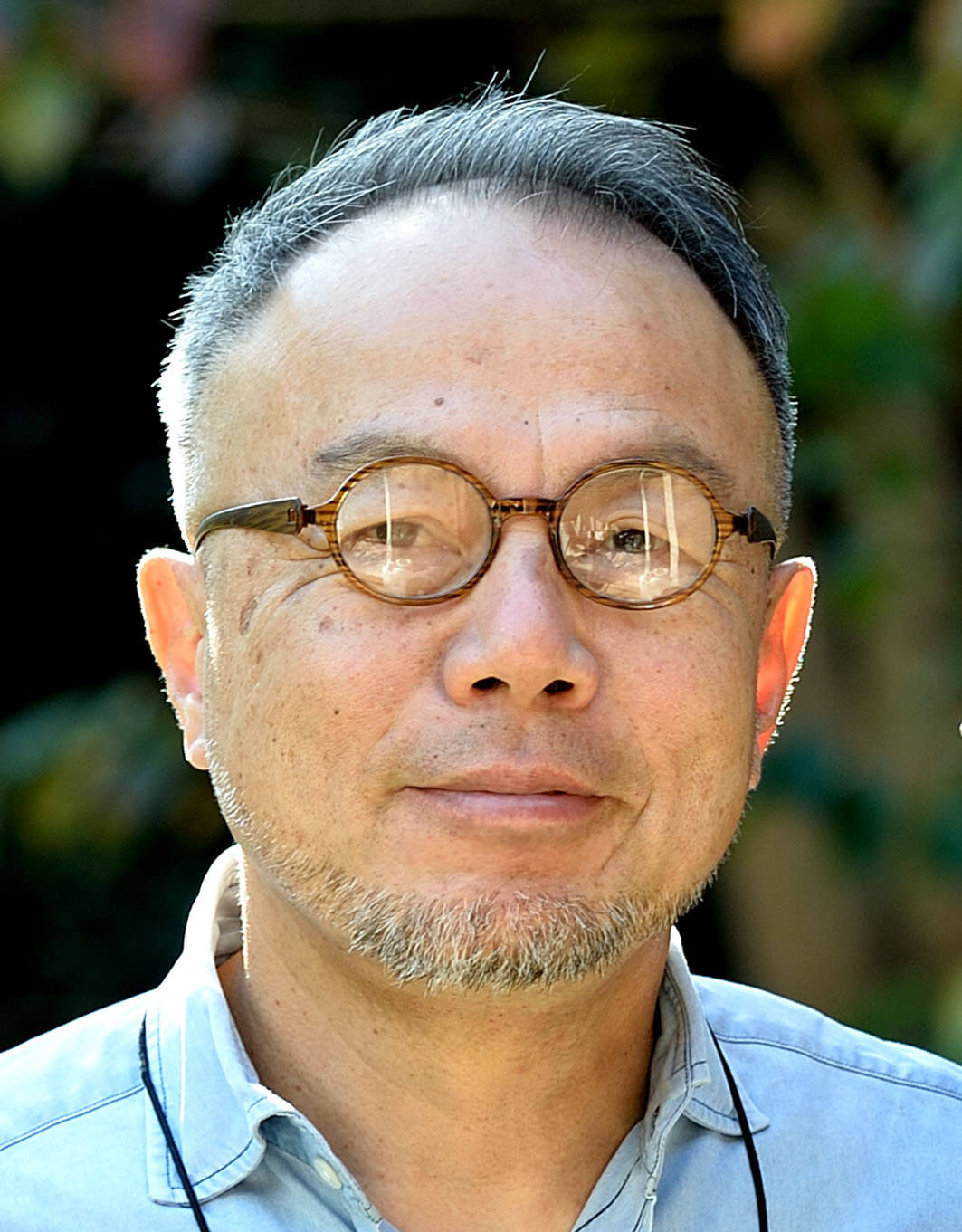
Photographer. Born 1958 in Rikuzentakata, Iwate. Hatakeyama is a photographer based in Tokyo whose works focus on the relationship between nature, city, and photography. He represented Japan in the 49th Venice Biennale held in 2001, and in 2012 participated in the Japanese pavillion of the Vennice Biennale International Architecture Exhibition (received Golden Lion prize). In addition, Hatakeyama received the 42nd Mainichi Art Award in 2001, as well as the Art Encouragement Prize by the Ministry of Education, Culture, Sports, Science and Technology in 2012. Member of Japan Art Academy.
Nihonbashi/Bakurocho Area
Etoile Kaito Living Bldg.
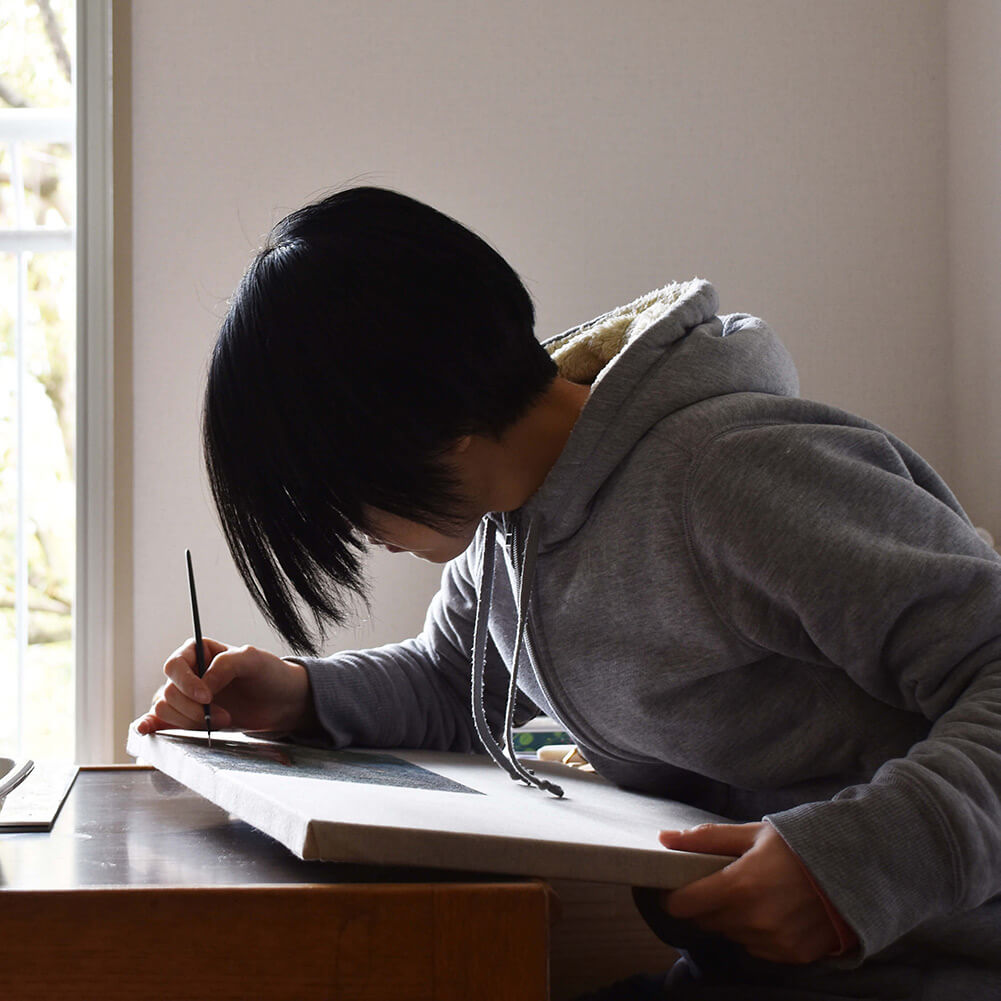
Born in Chiba Prefecture. Completed MFA in Fine Arts at Tokyo University of the Arts in 2009. Creates collages and oil paintings that combine figures cut out from Western masterpieces with contemporary landscapes, such as in the Time Leap Series. Recent solo exhibitions include Walking through Nakanoshima (YOD Gallery, Osaka, 2022) and Landscape (Oakwood Apartments Roppongi Central, Tokyo, 2020). Selected for the WATOWA ART AWARD (2021), Shell Art Award (2020), and the 15th TAGBOAT AWARD (2020).
Nihonbashi/Bakurocho Area

They create kinetic works that recreate small, everyday occurrences through simple phenomena, as well as works that gently resonate through a method of storytelling born from the encounters between materials and motifs.
Their major solo exhibitions include Iwatake Rie + Kataoka Junya, and the Museum Collection: An Illustrated Guide for Gravity and Materials (The Museum of Modern Art, Kamakura & Hayama, Kamakura Annex, 2025) and Big Two-Hearted River (3331 Arts Chiyoda, 2019). They have also participated in group exhibitions such as MOT Collection 30th Anniversary Exhibit: Nine Profiles: 1935→2025 (Museum of Contemporary Art Tokyo, 2025), Setouchi Triennale 2022, and BankART Bank Under 35 (BankART Studio NYK, Kanagawa, 2017).
Nihonbashi/Bakurocho Area
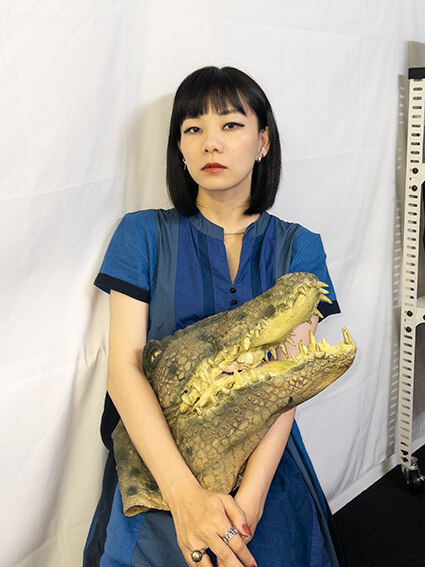
Born 1987 in Saitama and raised in Gunma, Japan. Graduated with a Master’s degree from the Department of Intermedia Art at Tokyo University of the Arts in 2012. At the core of Mari Katayama’s practice is living everyday within her own body, which she uses as a living sculpture, mannequin and lens through which to reflect society. The combination of Katayama’s hand-sewn objects, sculptural pieces, and photography challenges viewers to ques-tion the body and its complex relationship with the surrounding environment and society.
At the same time, Katayama initiated an activist art project called High Heel Project, which aims to create high heel shoes for prosthetics, while demanding the freedom of choice for all no matter what physical ability they have. Wearing her symbolic pair of custom-made high heels, Katayama continues to walk and speak up widely as an artist, singer, model and keynote speaker.
Nihonbashi/Bakurocho Area
Etoile Kaito Living Bldg.

Has invented 20 patents related to AI across Japan, the U.S., China, and Hong Kong. His practice explores the essential nature of the future by delving into the inner workings of AI biases, bugs, and NSFW content.
Nihonbashi/Bakurocho Area
Etoile Kaito Living Bldg.

Born in 1980 in Gunma Prefecture, he believes that an artist should embody freedom and continues to create ambitiously across various media, including sculpture and painting, installation, video, performance, film, and workshops, without limiting himself to any specific style or mode of expression.
Nihonbashi/Bakurocho Area

L PACK. is a duo formed by Susumu Odagiri and Tetsuya Nakajima, who were both born in 1984 and graduates of Shizuoka University of Art and Culture, where they majored in spatial design. Their work traverses the fields of art, design, architecture, and folk crafts, with the aim of weaving themselves into the fabric of communities by adeptly improvising with a limited selection tools and local materials, and their conceptual starting point is “landscape with coffee.”
Nihonbashi/Bakurocho Area
Etoile Kaito Living Bldg.
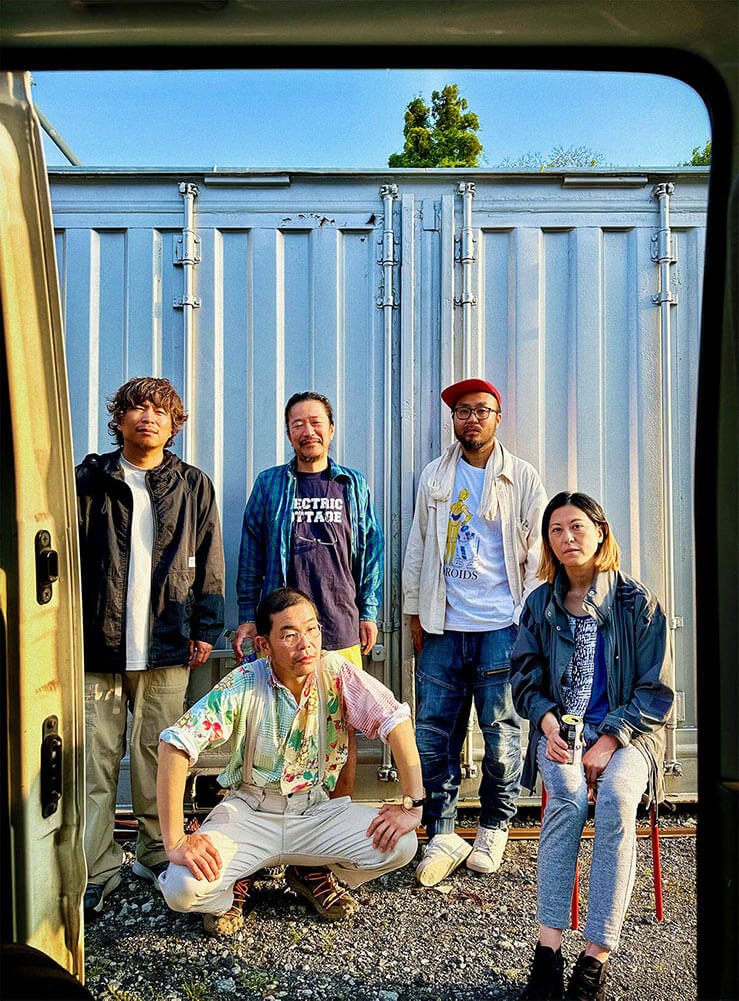
Milk Souko The Coconuts is a collective of six artists: Naotaka Miyazaki, Naoki Matsumoto, Takuma Nishihama, Zenichi Tanakamaru, Ari Ookubo, and Hiroaki Takiguchi. Founded in 2009 as “Milk Warehouse,” the group evolved into “mirukusouko (Milk Warehouse) + The Coconuts,” and, with the addition of Ookubo in 2024, adopted its current name in 2025. Through bricolage-based modes of practice, the collective reconsiders the relationships between material and the body, as well as between consciousness and infrastructure. Major exhibitions include ‘Aichi Triennale 2022’ at Aichi Arts Center and ‘Plans for TOKYO 2019’ at gallery αM.
Nihonbashi/Bakurocho Area
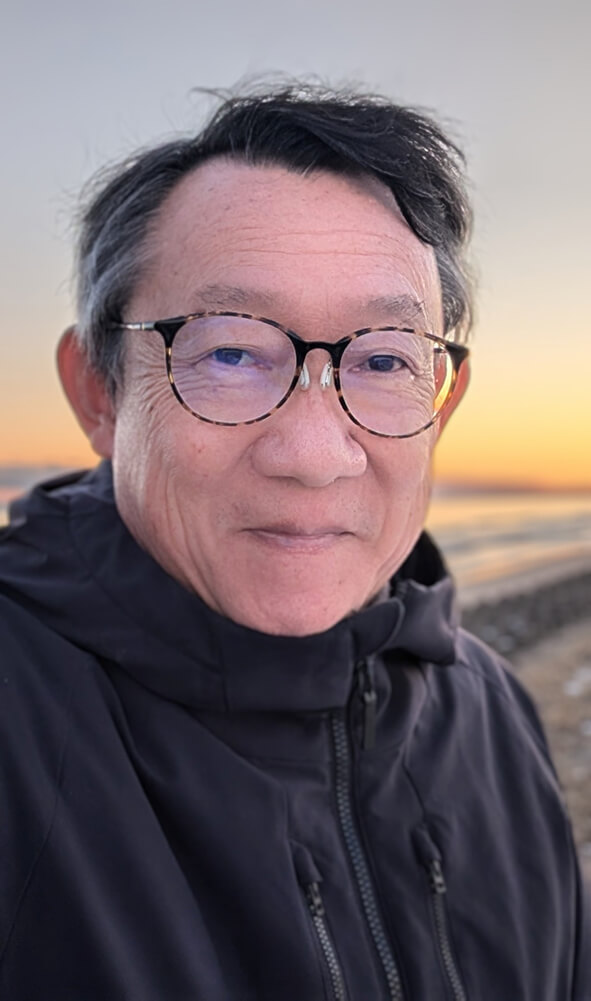
Photographer, Director of the Institute of Anthropology of Art and Design at Tama Art University. Engaged in extensive activities centered on themes of the emergence of images and memory. Served as Artistic Director of the Aichi Triennale 2016 and as International Curator for the “Taiwan Route3 Art Festival,” in 2023.Recipient of the 2019 Japan Photographic Society Award for “On Landscape: The Changing Earth and Japan’s Memory” (Chuokoron-Shinsha). Author of Photography Theory (Chuokoron-Shinsha, 2022) and Hilma af Klint: The Spirituality of Color (Inscript, 2025).
Nihonbashi/Bakurocho Area
Etoile Kaito Living Bldg.
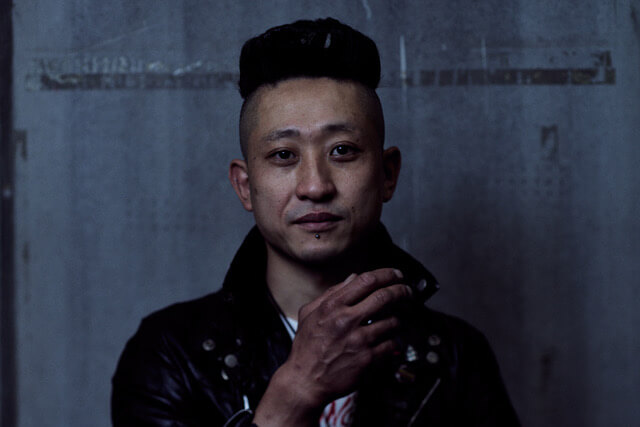
In 2010, he held his first solo exhibition, Can’t Help Falling in Love, at the then Yamamoto Gendai. The following year, he participated in the Yokohama Triennale 2011: OUR MAGIC HOUR. In 2020, he presented a work featuring Elvis Presley reaching 4 meters tall at his first solo exhibition in ten years, Ba de ya (PARCEL, Tokyo). In 2022, he participated with a solo exhibition in the Asia Focus section of Frieze Seoul, hosted by PARCEL. In 2023, he took part in the NGV Triennale 2023 at the National Gallery of Victoria in Australia. In 2024, he will hold a solo exhibition at the Rokuzan Art Museum, located in the hometown of Rokuzan Ogiwara, a leading sculptor of the modern era. He is currently working on a piece exceeding 5 meters in height.
Nihonbashi/Bakurocho Area
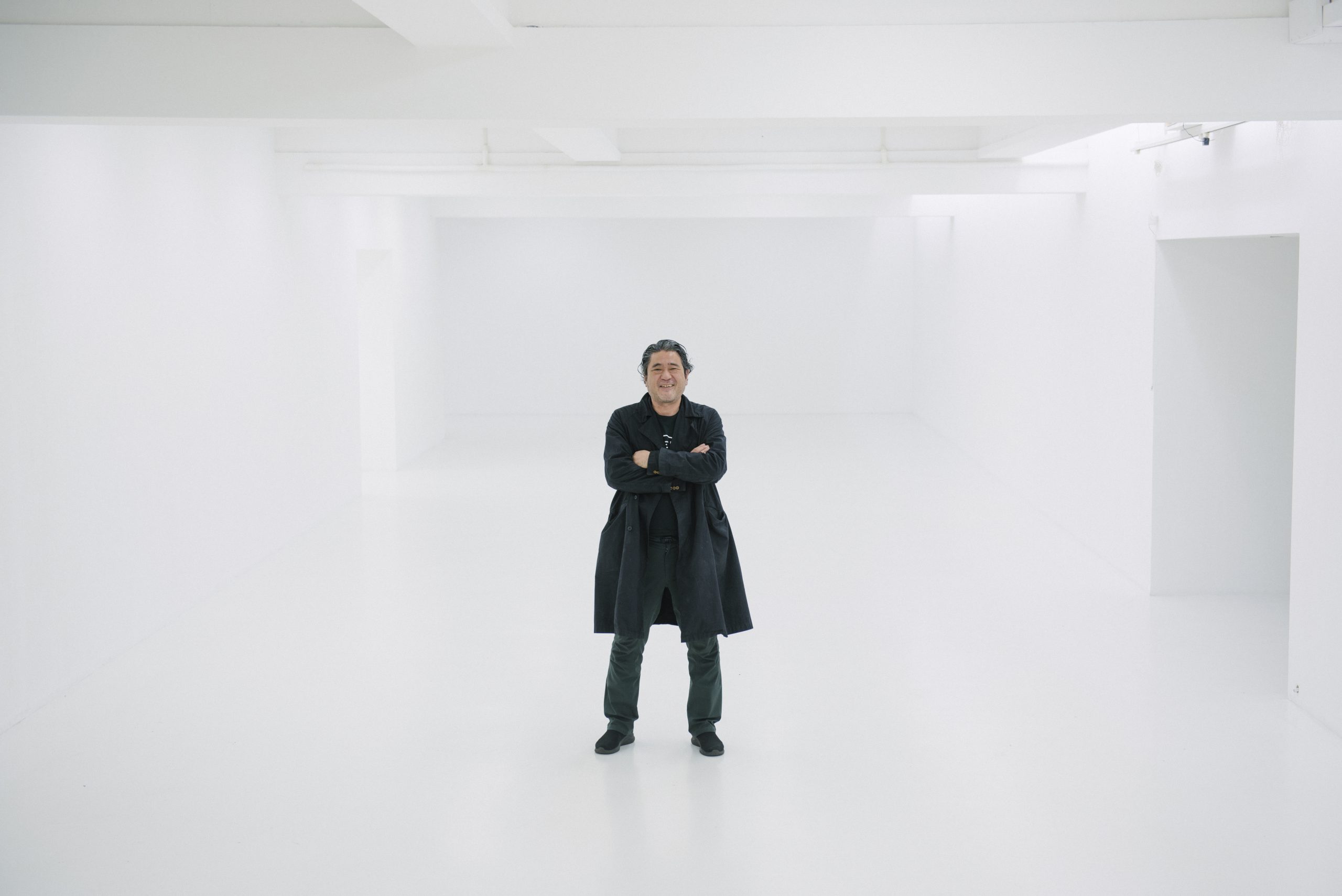
Artist, Professor at Tokyo University of the Arts (Department of Painting). Born 1963 in Odate City, Akita, Japan. In the early 1990’s, he set up guerilla art projects –THE GINBURART in Ginza and Sinjuku Shonen Art in Shinjuku’s Kabukicho district (1993). In 1997, he formed an alternative artist initiative called “commandN.” Activities of this group include the international video installation “Akihabara TV” held multiple years in 1999, 2000, and 2002. His work was displayed in the 49th Venice Biennale (2001) Japan Pavilion First & Slow exhibition.
From 2004, he founded a number of art projects including himming in Himi (Toyama Pref.) and ZERODATE in Odate (Akita Pref.) Nakamura then founded 3331 Arts Chiyoda in June 2010 as an independent and sustainable art center. With an extensive background in a variety of expressive activities, starting in summer 2020 he is taking on the challenge of developing the Tokyo Biennale, an art festival that will dig for the cultural and artistic resources underlying the city of Tokyo.
Nihonbashi/Bakurocho Area
Etoile Kaito Living Bldg.
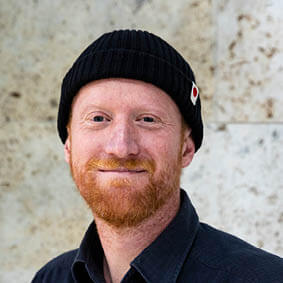
A landscape architect, artist, and placemaker based in Copenhagen, Denmark, and Malmö, Sweden. Co-founder of BY RUM SKOLE, a studio specializing in creating environments that prioritize the participation of children and young people, and founder of Byhumle, the world’s first urban hop farm.
Nihonbashi/Bakurocho Area
Etoile Kaito Living Bldg.

Active since 2012, the collective consists of Sakie Takasu, Tohru Matsushita, and Taishi Nishihiro, with film director Kazunobu Harimoto joining as a visual collaborator. Centering their practice on the theme of “noise in the landscape,” they create and present works primarily in public and street settings. Their programs often involve collaborations with a wide range of artists engaged in street culture.
Nihonbashi/Bakurocho Area
Etoile Kaito Living Bldg.
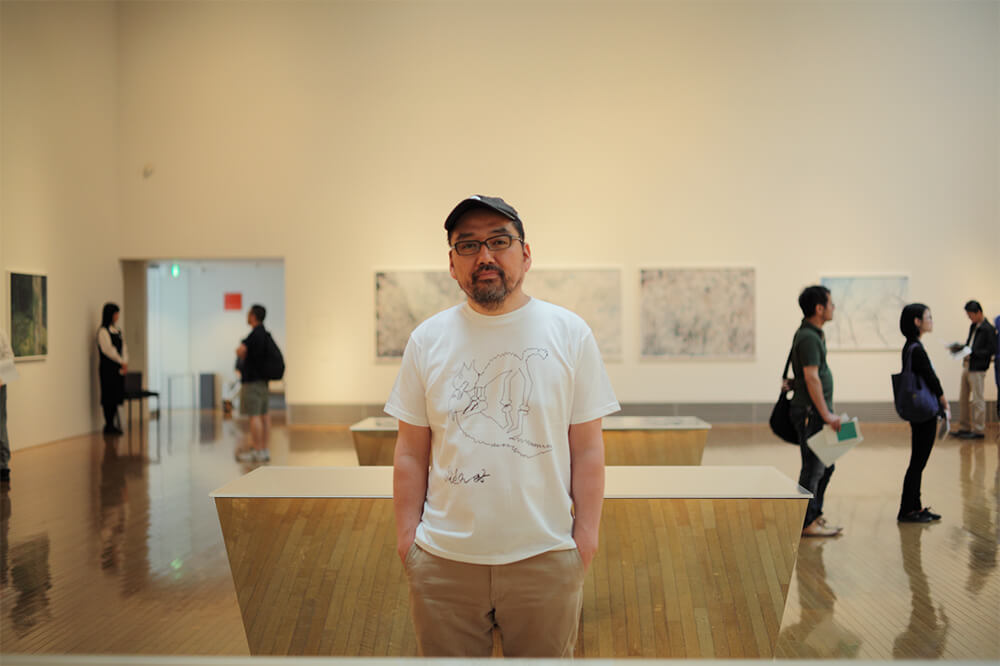
Born 1963 in Shingu, Wakayama, Japan. In 1998, he published KUMANO, his first photo book, composed of sequences on the subject of visualizing points of view moving from here to there, shifting settings, and temporal change. In 2000, he won the 25th Ihei Kimura Photography Award for his photo book PILES OF TIME. Consistently making an analytic focus on the act of seeing as the basis of his work, he continues to photograph on themes that include Kumano, Mont Sainte-Victoire, Paul Cezanne’s studio, cherry trees, snow.
Major exhibitions include Photography and Painting—From Cézanne: Shibata Toshio and Suzuki Risaku (Artizon Museum, Tokyo, 2022), Stream of Consciousness (Marugame Genichiro-Inokuma Museum of Contemporary Art, Kagawa; Tokyo Opera City Art Gallery; Tanabe City Museum of Art, Wakayama, 2015-2016), Water Mirror (Kumano Kodo Nakahechi Museum of Art, Wakayama, 2016), and Kumano, Yuki, Sakura (Tokyo Metropolitan Museum of Photography, 2007).
Nihonbashi/Bakurocho Area
Etoile Kaito Living Bldg.
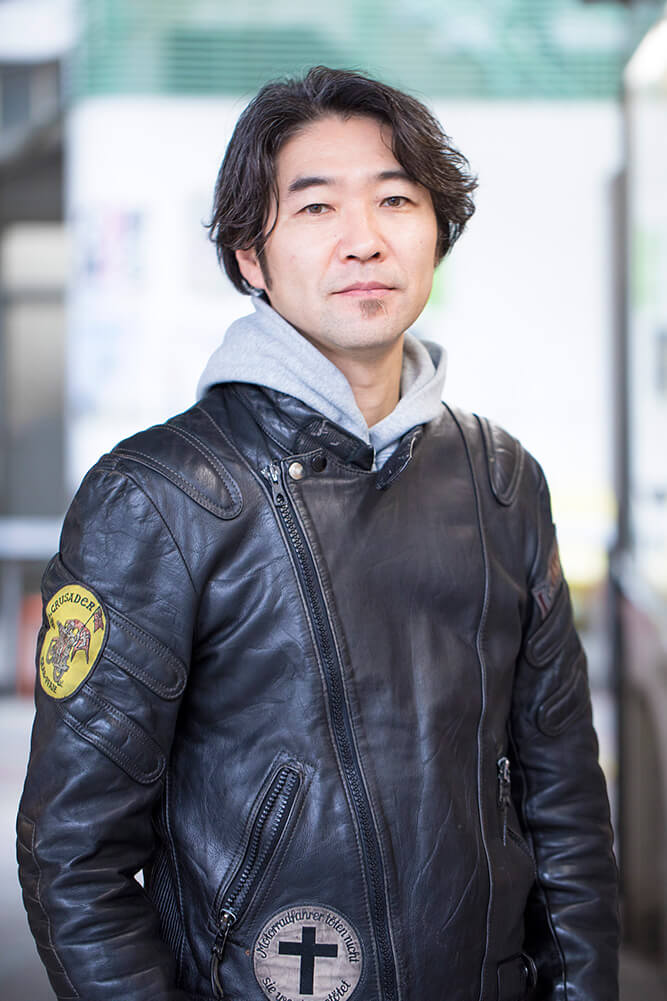
He creates works that explore the relationship between society and the individual from perspectives of the mass and the miniature. As an early member of commandN, which planned projects such as Akihabara TV, he was involved in planning, management, and design until 2008. At the Tokyo Biennale 2020/2021, in the SOCIAL DIVE project, his work Sweet Democracy featured a model of the National Diet Building made of sugar cubes, which was exhibited alongside a workshop titled “1/2 Right to Vote,” where ants were allowed to eat the structure. Notable group exhibitions include Early 90’s Tokyo Art Squad (3331 Arts Chiyoda, 2020) and Neo Tokyo (Museum of Contemporary Art Sydney, 2001).
Nihonbashi/Bakurocho Area
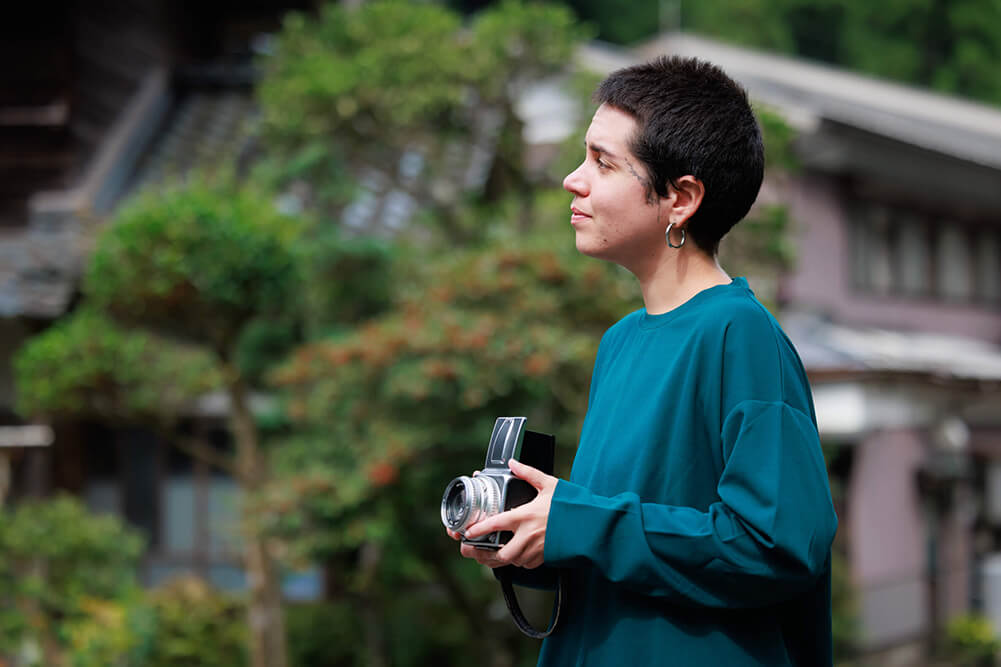
Camila Svenson is a Brazilian queer interdisciplinary artist and photographer based in São Paulo. Her research focuses on the relationship between people, memories, and places, and how these elements transform over time. Her work often involves participatory methods that include others in the creative process, exploring how encounters happen and how they are changed when mediated by a camera. In her practice, Camila collects objects, stories, events, ghosts, and images, and she is interested in living with these collections to observe how they evolve and intermingle over the years.
Nihonbashi/Bakurocho Area
Etoile Kaito Living Bldg.
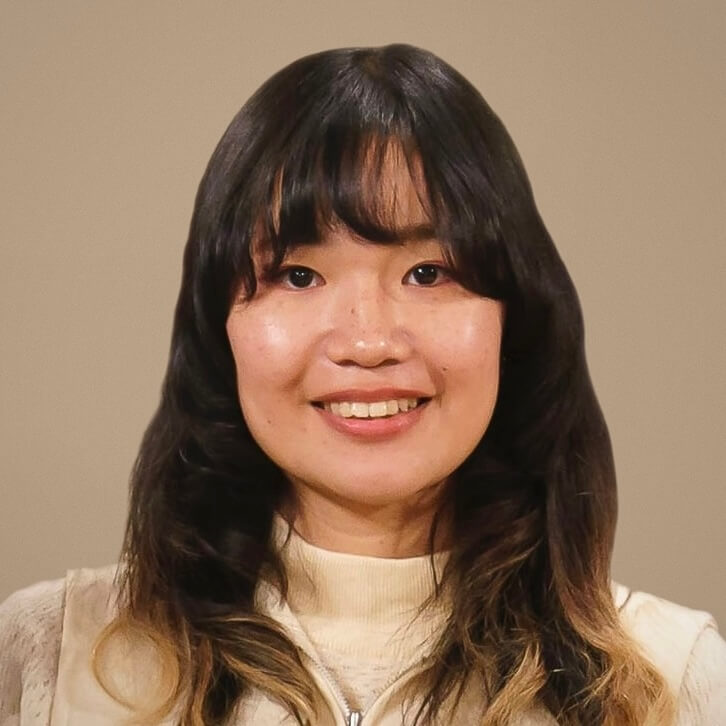
Using metal, Terauchi create works in which inner images and memories are deformed and intertwined with cities, natural objects, and personal belongings through the technique of metal casting. Major solo exhibitions include The Rendezvous with the Sensation (GINZA SIX, Ginza Tsutaya Books, Tokyo, 2024), Nendo no Heya (CREATIVE HUB UENO “es,” Tokyo, 2024), and JUMBLE DIVE (Bohemian’s Guild CAGE, Tokyo, 2023). Group exhibitions include the 71st Graduation Works Exhibition of Tokyo University of the Arts (The University Art Museum, Tokyo University of the Arts, 2023; Purchase Selection).
Nihonbashi/Bakurocho Area
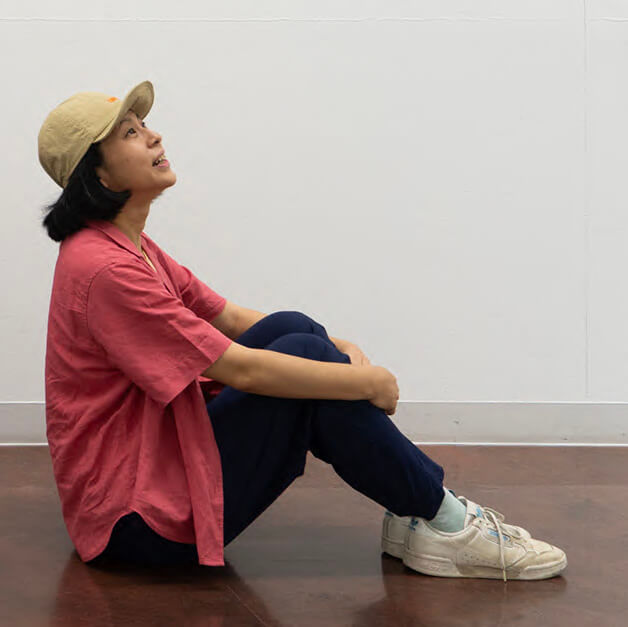
Born 1981 in Tokyo, Japan, Shoko Toda completed her master’s degree at Tokyo National University of Fine Arts and Music in 2006. She creates works based on the relationship between the body and landscape, using a method that combines video, sculpture, and drawing. Recently, she has been thinking about the flexible and interchangeable nature of existence that stretches and shrinks, appears and disappears. Solo exhibitions include Flowers, Horses, Conversation (Art Center Ongoing, Tokyo, 2024); exhibitions include Setouchi International Art Festival (Awashima, Kagawa, 2013 and 2016).
Nihonbashi/Bakurocho Area
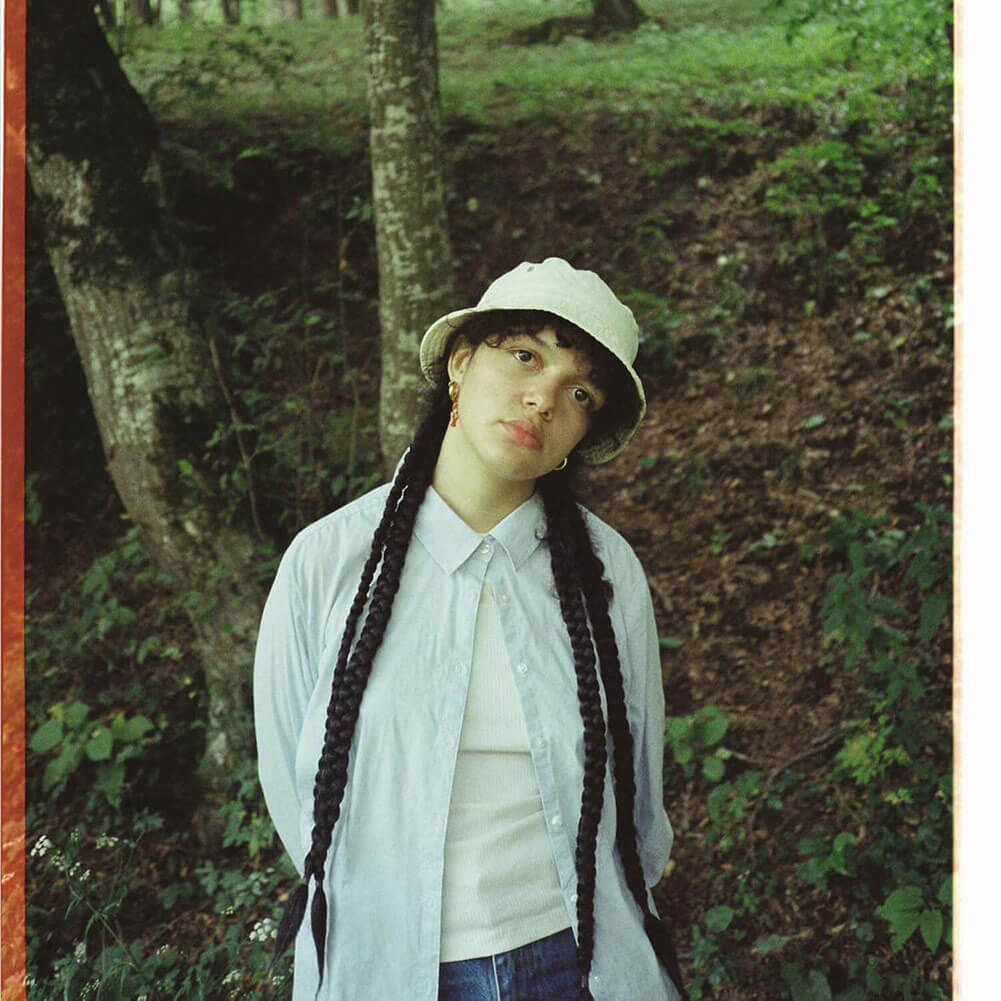
Mariam Tovmasian is an Armenian visual artist and illustrator with a deep love for visual storytelling. She is excited by the infinite possibilities of telling a story through the interplay of images and words, and this passion drives her to explore the limitations of both the medium and her own creative practice. The themes in Mariam’s work often seek to answer personal or existential questions that arise from her lived experiences. Her practice is marked by a juxtaposition of grand ideas with the everyday realities of a young woman’s life—resulting in satirical, and at times poetic, visual narratives.
Nihonbashi/Bakurocho Area
Etoile Kaito Living Bldg.
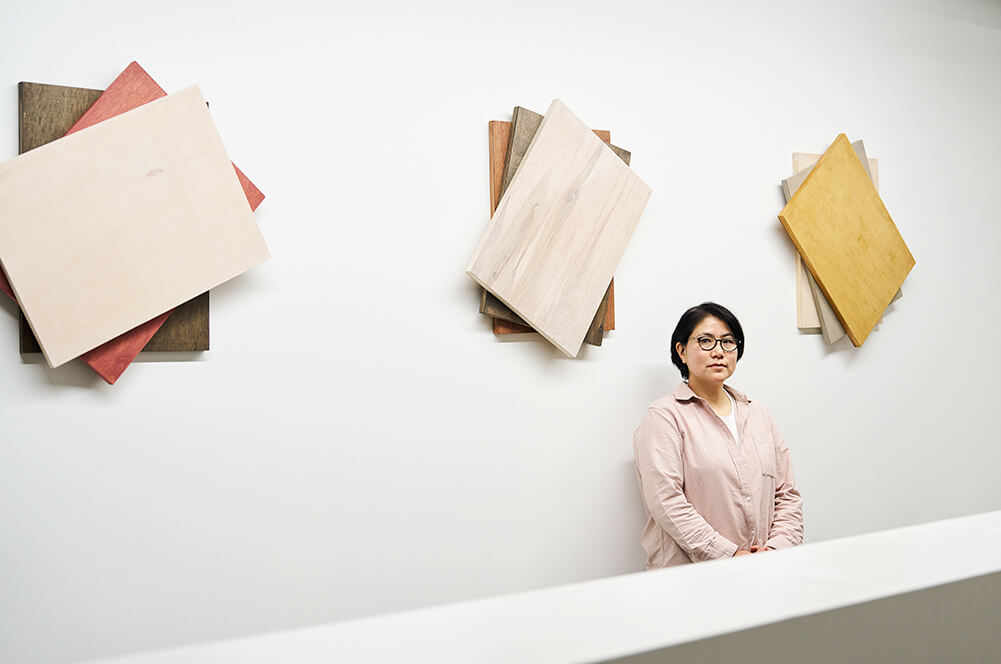
Born 1967 in Saitama, Japan, Toyoshima received her MFA from Tokyo University of the Arts in 1993. By taking a critical look at institutions and systems found in everyday life and in our society, Toyoshima focuses on creating works that shed light on the patterns found in human thought. Her recent solo exhibitions include Yasuko Toyoshima: Origination Method (Museum of Contemporary Art Tokyo, 2023), The Capital Room: Beyond Three Dimensional Logical Pictures vol.1 Yasuko TOYOSHIMA (2015, gallery αM). Her works have been presented at many group exhibitions, including Image Narratives: Literature in Japanese Contemporary Art (The National Art Center, Tokyo, 2019).
Nihonbashi/Bakurocho Area
Etoile Kaito Living Bldg.
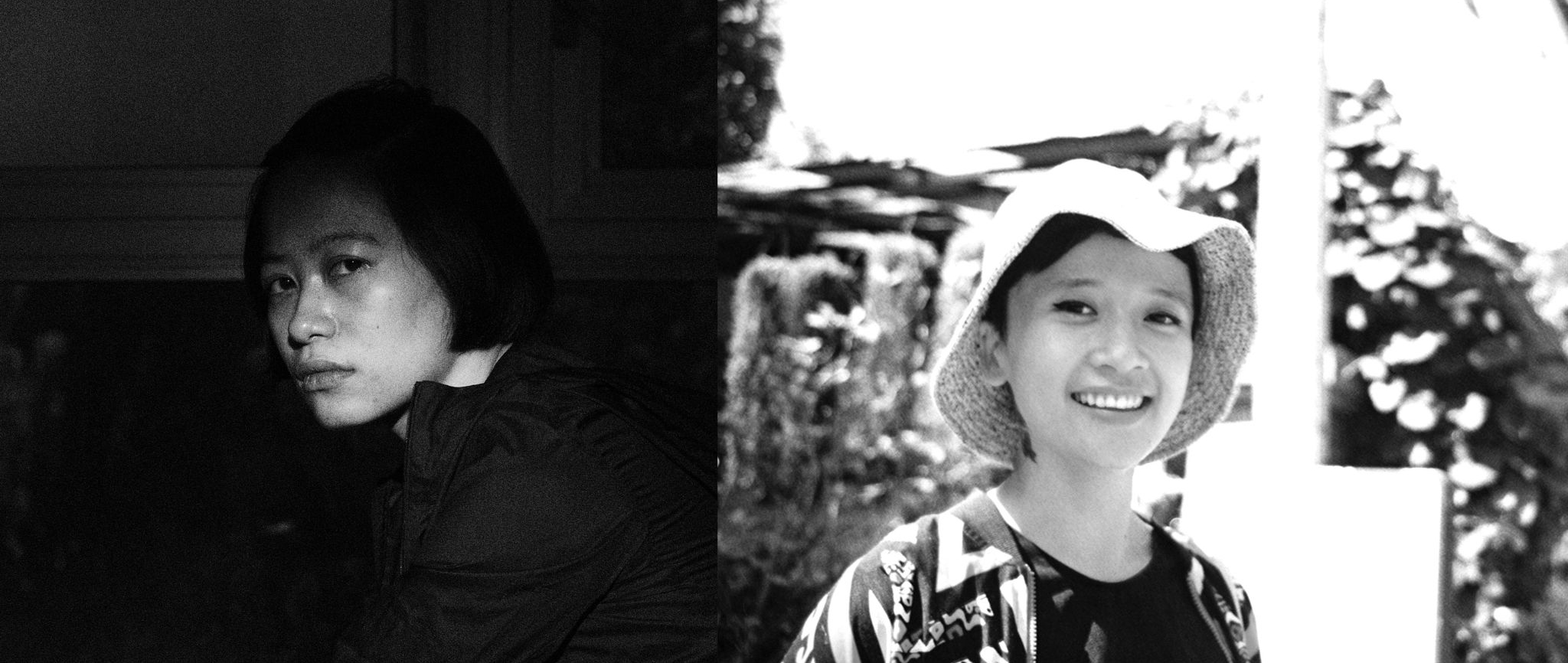
Nguyễn Phương Linh (b. 1985) and Trương Quế Chi (b. 1987) are longtime friends and colleagues. Phương Linh’s practice contemplates form and time. Allusions to bodily movements in recent works convey her long-standing fascination with the body, its durability, and its resilience. As abstract renderings of social, historical, and autobiographical events and structures, Quế Chi’s works delve into the spectacle of the everyday, its contrasting feelings, and its enigma.
Since 2021, the duo has undertaken collaborative projects as echoes of the synchronous rhythms of their lives that mirror one another. Their works, in juxtaposition, converse and conjure up a visceral sense of weight, height, and ephemerality. Among their shared interests are shadows of intergenerational loss and the corporeality associated with the female body in various aspects and contexts. Their works were presented at the Busan Biennale 2024 and the Asian Art Biennale 2024. Phương Linh and Quế Chi have been active as curatorial board members of Nhà Sàn Collective, an artist-run initiative in Hanoi, Vietnam since 2013.
Nihonbashi/Bakurocho Area
Etoile Kaito Living Bldg.
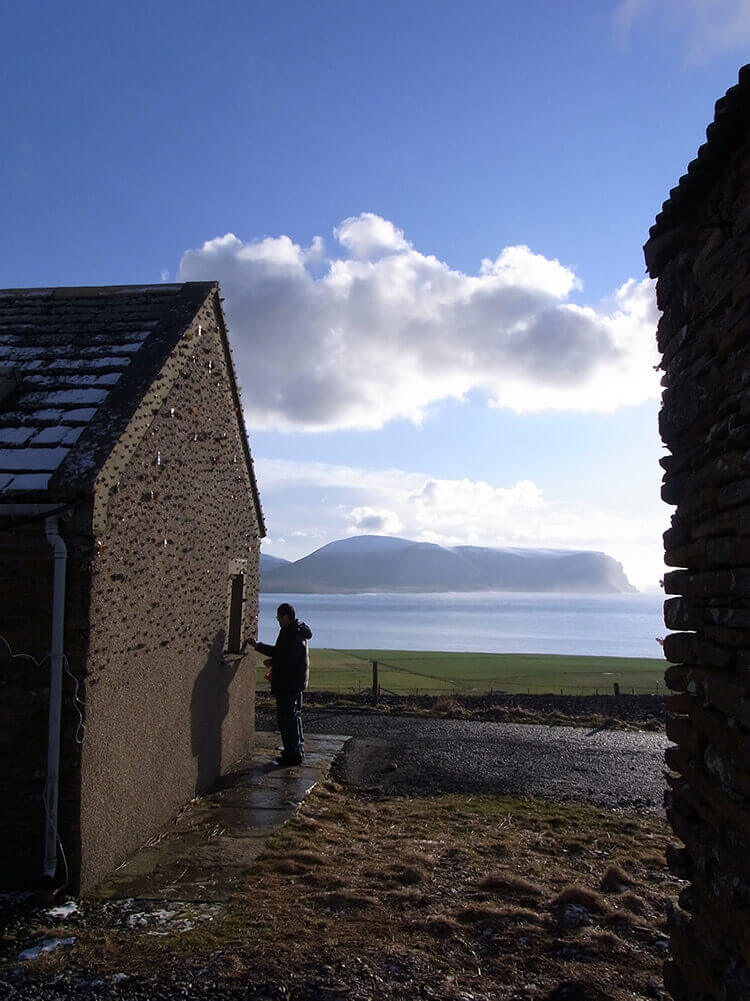
1961 Born in Aichi, Japan. Lives and works in Nagoya, Aichi, Japan. 1985 Graduated from Sculpture Course, Aichi Prefectural University of Fine Arts and Music. 2004–2005 Studied at Edinburgh College of Art, Edinburgh (grant from Japanese Agency for Cultural Affairs). Group Exhibitions: Art Zuid 2017 (Art Chapel, Amsterdam, The Netherlands), 2013 NISSAN ART AWARD 2013 (BankART Studio NYK, Yokohama), 2010 Aichi Triennale 2010 (Nagoya); 2007 All about Laughter: humor in contemporary art, Mori Art Museum, Tokyo; 2001 Encounter (Tokyo Opera City Art Gallery).
Nihonbashi/Bakurocho Area
Etoile Kaito Living Bldg.
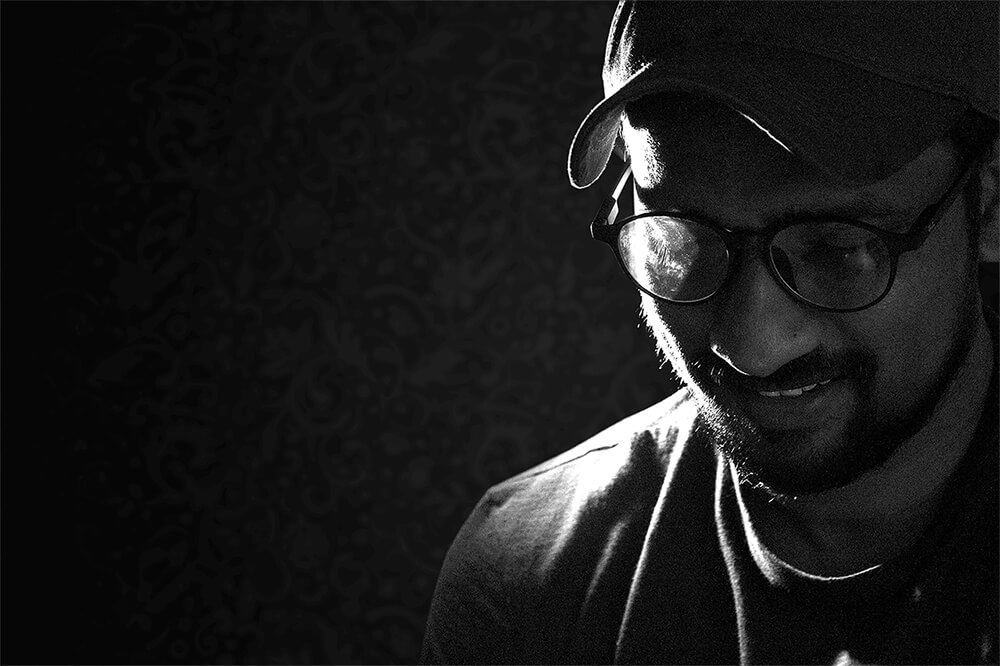
Nalaka Wijewardhane is a Sri Lankan filmmaker, visual artist, and academic whose work explores postcolonial memory, representation, and the sensory power of moving images. A lecturer at the University of Colombo and a doctoral researcher, his focus on colonial-era ethnographic films informs his practice. Nalaka’s poetic, experimental works combine archival footage, soundscapes, and non-linear narratives to challenge inherited gazes and evoke unseen histories. Rooted in South Asian and Buddhist contexts, his films and installations investigate how cultural identities are constructed and mediated, offering new ways of seeing, remembering, and imagining the past.
Nihonbashi/Bakurocho Area
Etoile Kaito Living Bldg.